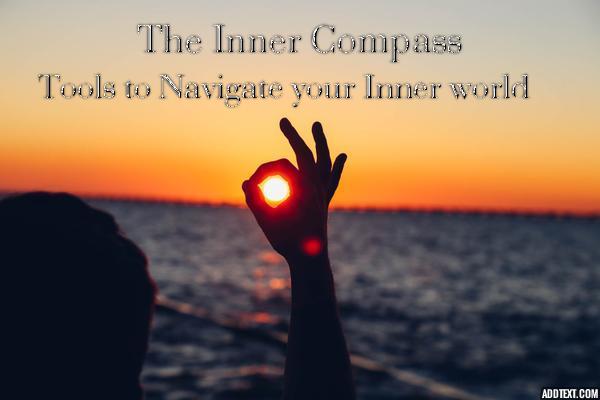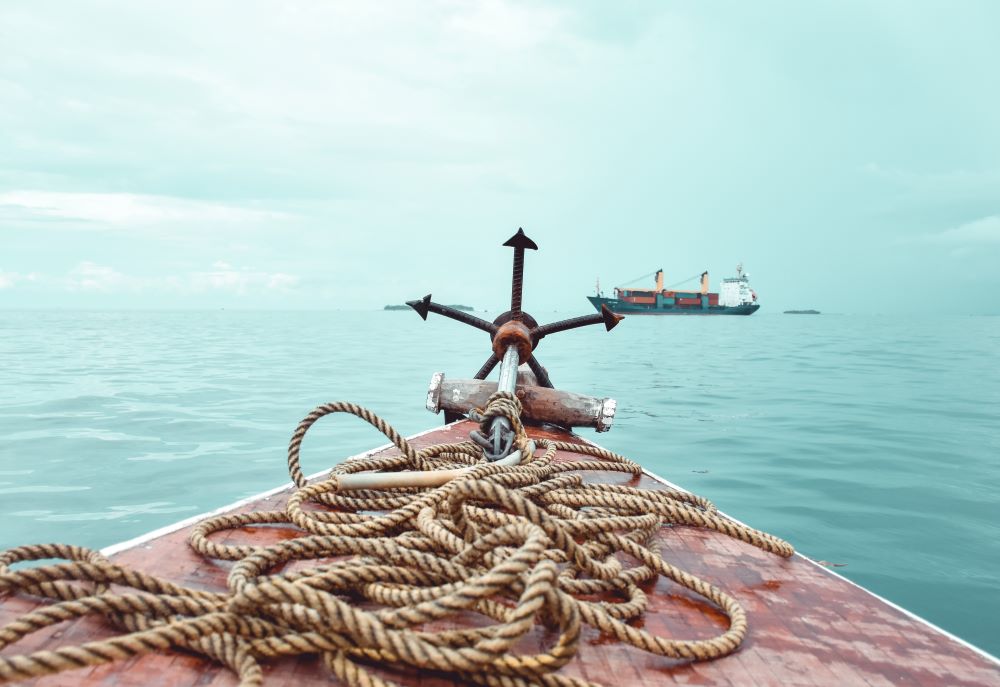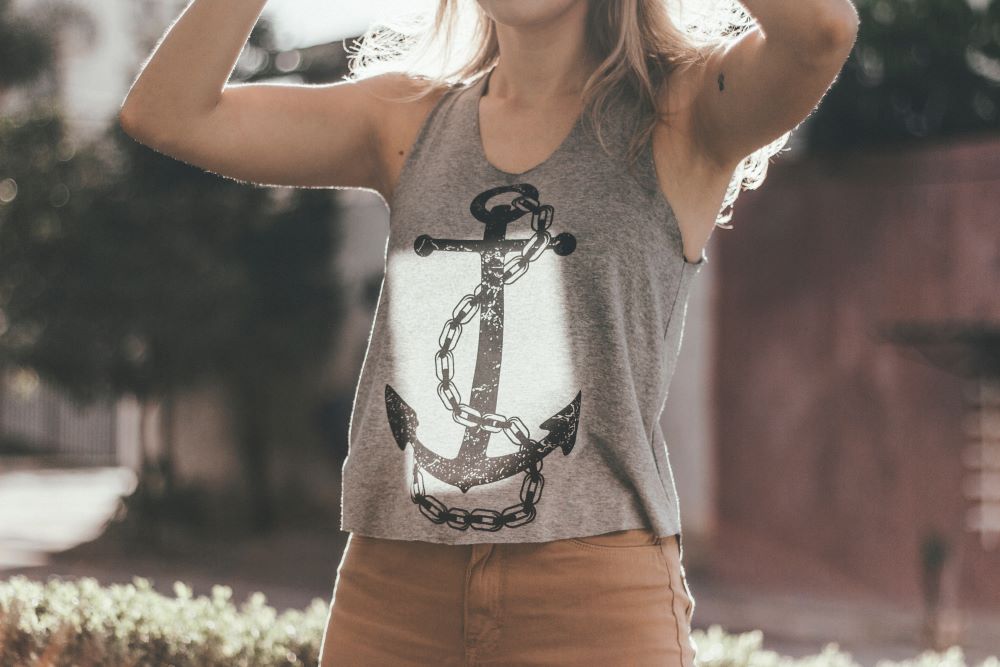No Mind Left Behind
Don’t get left behind
In a recent poll on our site the vast majority of people visiting reported that they’re dealing with anxiety and struggling with negative self talk on a daily basis…both of which can feel a lot like being lost at sea. Perhaps like me, you’ve spent much of your life lost at sea. Perhaps you were given a lot of love as a child, but were sent off into the world of emotions without even a paddle, only to live each day at the whim of the storms and the weather, ashamed that you don’t really know how to manage all these waves.
Think about how many of us as children were encouraged to be curious about our feelings, share them and use them as valuable navigational information? A rare few I’d guess. However, not knowing how to make sense of our emotions and use them to direct our life is akin to being cast out into the vast ocean with no understanding of the seas or the sails and expecting to sail around the world. We’re then surprised and ashamed when we capsize. When we’re connected to our inner GPS, we can handle the inevitable storms that come.
External anchors include people, places, animals, views, nature, quotes, music, images, and activities that we love. When we connect with these external anchors we know we are not alone, we feel supported even when we may feel completely lost.
Internal anchors are also vital. These include our breath, our imagination and what we say to ourselves. Our breath is our most effective and most underused inner anchor. It allows us to shift from panic towards calm. Our breath links us to our depth. Just like the depth of the ocean we can learn to be calm within even during the greatest storms on the surface. Breathing connects us to that depth. Even if we stop and breathe for a few seconds before reacting, it can give us access to areas of our brain and depth of our experience we need for successful navigation!
I need ideas to be simple….so just remember BLT (it is vegan though – no pigs were harmed in the making of this reminder).
Emotional Navigational Tool #1:
Know your Anchors!
The stronger our anchors the more confident we feel to explore.
Before we set sail anywhere we need strong anchors. Even if this message comes to you amidst an internal tempest, knowing your anchors is the first step. Anchors can be anything that keeps us grounded or helps us feel steady when the waves come crashing in. We need internal and external anchors.
BREATHE
Breathe in for 4.Hold for 4.Breath out for 4Repeat 4 times min.
LOOK
Look for 4 different coloursLook for 4 different texturesLook for 4 different horizontal linesLook for 4 parrallel lines.
If you are in a crisis – do not use this site. These resources can provide you with immediate help.



